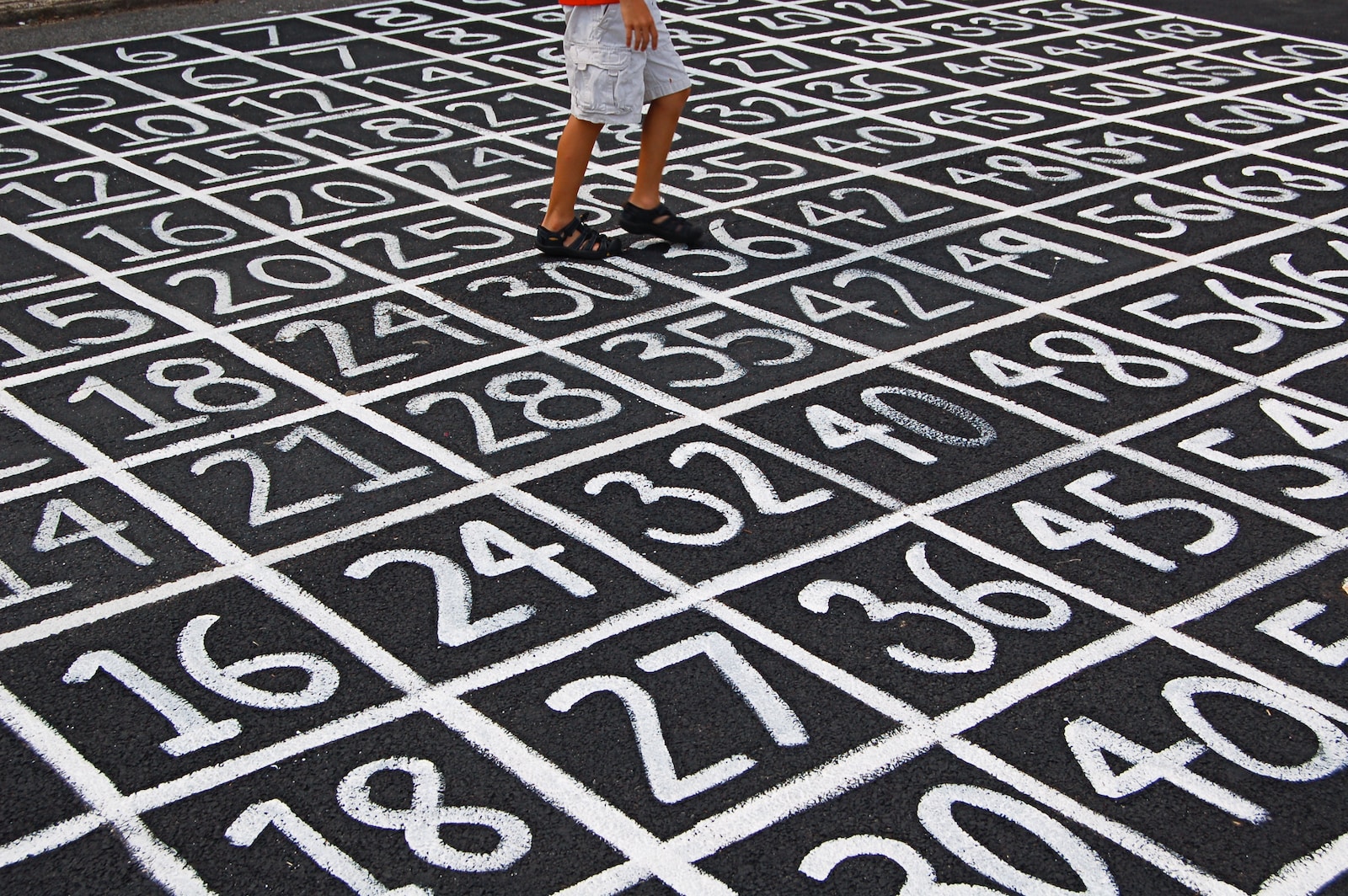The Incredible Journey: Unraveling the Mystery of Numbers ===
Numbers are the building blocks of mathematics, the foundation upon which countless scientific discoveries and technological advancements have been made. But have you ever wondered how these numerical wonders were discovered? Join us on an extraordinary journey as we explore the incredible history of numbers, from their ancient origins to the modern mathematical marvels we know today.
From Ancient Abacus to Modern Mathematics: A Colorful Evolution
1. The Dawn of Counting – Ancient Civilizations
Long before the advent of sophisticated mathematical systems, ancient civilizations developed their own methods of counting. The ancient Egyptians used hieroglyphics to represent numbers, while the Babylonians employed a base-60 number system which we still use to measure time and angles today. These early counting systems laid the foundation for the discovery of numbers as we know them.
2. The Birth of the Abacus – A Revolutionary Tool
One of the most significant milestones in the discovery of numbers was the invention of the abacus. Originating in ancient Mesopotamia around 3000 BCE, this simple yet ingenious device allowed early civilizations to perform basic arithmetic operations. With its sliding beads and columns, the abacus marked a pivotal moment in the development of mathematical thinking.
3. The Remarkable Hindu-Arabic Numerals
The Hindu-Arabic numeral system, which we use today, was a game-changer in the world of mathematics. Developed by Indian mathematicians and later adopted by the Arabs, this system introduced the concept of place value, making arithmetic calculations much more efficient. The Hindu-Arabic numerals, with their distinctive shapes like 0, 1, 2, and so on, revolutionized the way numbers were represented.
4. The Liber Abaci – Fibonacci’s Trailblazing Masterpiece
In the 13th century, an Italian mathematician named Fibonacci published a groundbreaking book called Liber Abaci. This influential work introduced the Hindu-Arabic numerals to Europe, replacing the cumbersome Roman numeral system. Fibonacci’s book sparked a mathematical revolution, making complex calculations accessible to a wider audience and paving the way for modern mathematics.
5. The Renaissance of Calculus – Newton and Leibniz
The 17th century witnessed another significant leap in the discovery of numbers with the birth of calculus. Independently developed by Sir Isaac Newton and Gottfried Wilhelm Leibniz, calculus provided a new mathematical language to describe change and motion. This revolutionary branch of mathematics laid the foundations for scientific breakthroughs, from physics to engineering.
6. The Enchanting World of Imaginary Numbers
In the 18th century, mathematicians began exploring the realm of imaginary numbers. These numbers, symbolized by the square root of -1 (i), initially baffled scholars, but they soon realized their immense utility in solving complex mathematical problems. Imaginary numbers opened up a whole new dimension of mathematics, leading to the discovery of complex numbers and their applications in various fields.
7. The Advent of Computers – A Digital Revolution
The 20th century brought about a new era in the study of numbers with the invention of computers. These powerful machines revolutionized mathematical calculations, enabling rapid processing and analysis. From the development of algorithms to the exploration of prime numbers, computers have played a pivotal role in advancing mathematical knowledge and uncovering new mathematical frontiers.
8. Unraveling the Mysteries of Infinity
Infinity, the concept of endlessness, has fascinated mathematicians for centuries. From ancient Greek philosophers to modern thinkers, the exploration of infinity has enriched our understanding of numbers. Mathematicians like Georg Cantor dared to unravel the mysteries of infinity, laying the groundwork for fascinating branches of mathematics like set theory and transfinite numbers.
9. From Fractals to Chaos – A New Mathematical Universe
In the late 20th century, mathematics took another leap forward with the discovery of fractals and chaos theory. These branches of mathematics revealed the intricate patterns hidden in natural phenomena. Fractals, with their infinitely repeating structures, and chaos theory, with its unpredictable behavior, opened up new avenues for understanding the complexity of the world around us.
10. The Future: Infinite Possibilities
As we delve deeper into the mysteries of numbers, who knows what incredible discoveries lie ahead? With each passing day, mathematicians unlock new realms of knowledge, pushing the boundaries of human understanding. From the ancient Egyptians to modern geniuses, the journey of numbers continues to fascinate and inspire us all.
The Incredible Journey Continues===
The discovery of numbers has been an awe-inspiring journey filled with curiosity, innovation, and boundless creativity. From the humble abacus to the mind-boggling complexities of modern mathematics, the story of numbers is like a dazzling tapestry woven by countless brilliant minds throughout history. So, the next time you find yourself pondering the wonders of numbers, remember the incredible adventure that led us here, and embrace the infinite possibilities that lie ahead.








